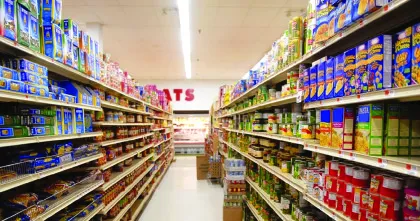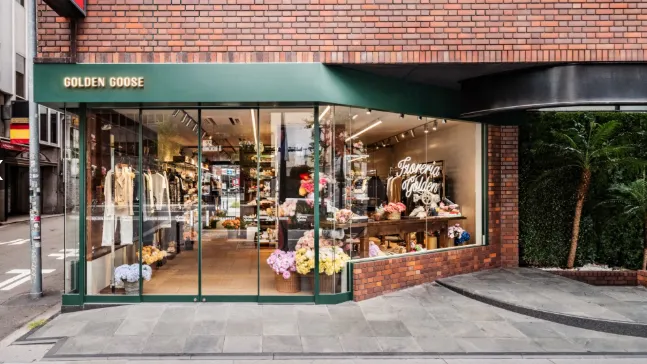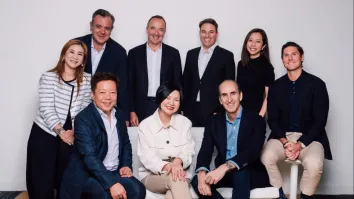
FMCG ecommerce set to soar
Online sales of fast moving consumer goods (FMCG) will rise by nearly 50% by 2016.
Kantar Worldpanel anticipates that e-commerce will account for US$53 billion of the global FMCG market by 2016 – an increase of US$17 billion (47%) on the current US$36 billion.
And it says Asia will be the next major growth market.
South Korea will continue its lead position with online accounting for 13.8% of FMCG sales by 2016. Today, 55% of Korean shoppers buy online, an exceptionally high figure that is not matched by any other country in the world.
Online FMCG market share will continue to grow rapidly in Taiwan and China to achieve 4.5% and 3.3% share of the total FMCG market respectively.
Kantar says the growth of online FMCG sales presents a prime opportunity for retailers and brands. Current online shoppers, typically middle and upper class, tend to favour branded products over own-label making it an ideal platform for brands.
Stéphane Roger, global shopper and retail director at Kantar Worldpanel, said: “Although online only makes up a small share of FMCG sales at the moment, all countries are witnessing considerable growth. The future belongs to retailers and brands that see the bigger picture and leverage the opportunities provided to broaden their target markets. Being a slow adopter has the potential to significantly damage sales and erode market share.”
The Kantar report reveals the barriers which prevent retailers and brands from engaging with the online channel. It shows the majority of these are perceived rather than based on how consumers actually behave. They include a fear that having an online presence will mean sales in physical stores are cannibalised and that consumers will become less loyal if they shop online. Kantar says the research shows that the opposite is true for both of these scenarios.
Stéphane Roger continues: “One of the main concerns for FMCG players, is that e-commerce will take spend away from physical channels. However, this is also one of the biggest misconceptions. Having an online offer helps retailers to secure additional revenue rather than cannibalising existing spend in brick and mortar stores.”



















 Advertise
Advertise






